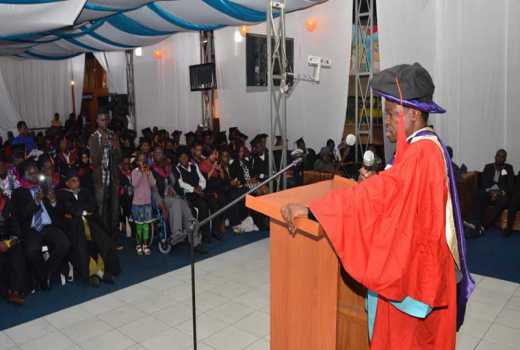
Envisage an Africa with a novel and proficient education system. One that promotes innovation and eschews rhetoric theories. A system well designed and calculated to avert the continent from the backlash of brain drain and lack of specialisation. One that is devoid of rigid policies that devour upon the fabric of the gifted and talented.
It is regrettable that the familiar adage “everyone is able but most people never open the package” is a profound reflection in our society today. The significance of the modern educational techniques can hence not be underestimated as they may help to solve most problems facing the sector.